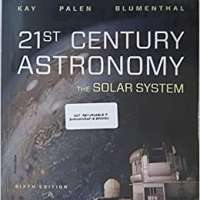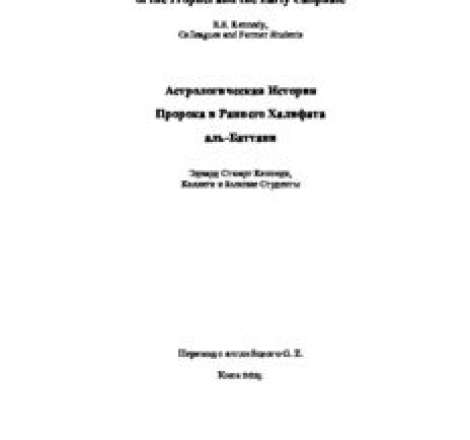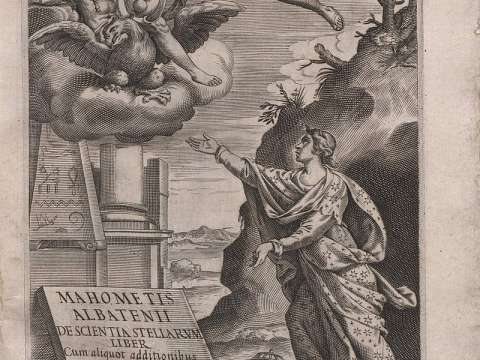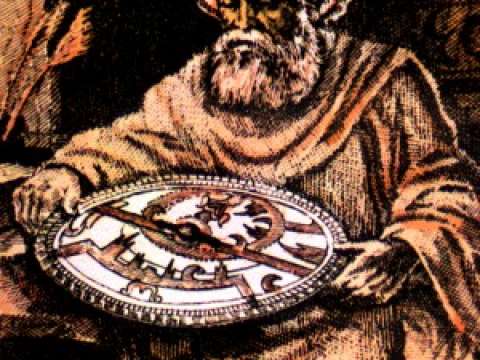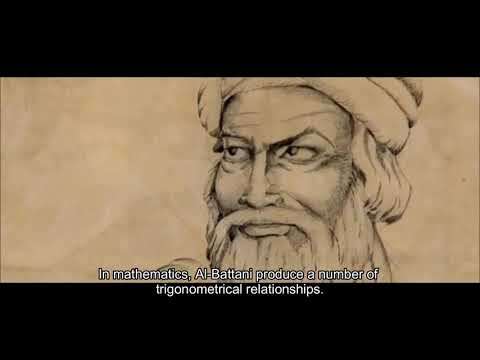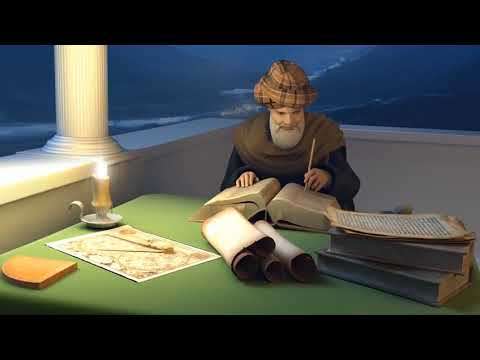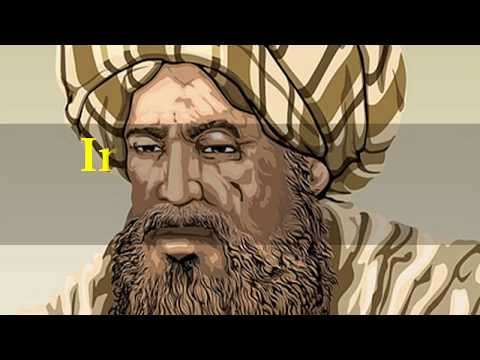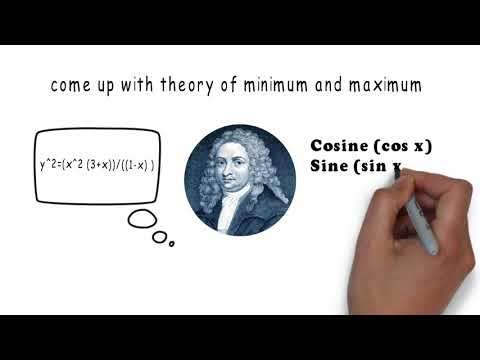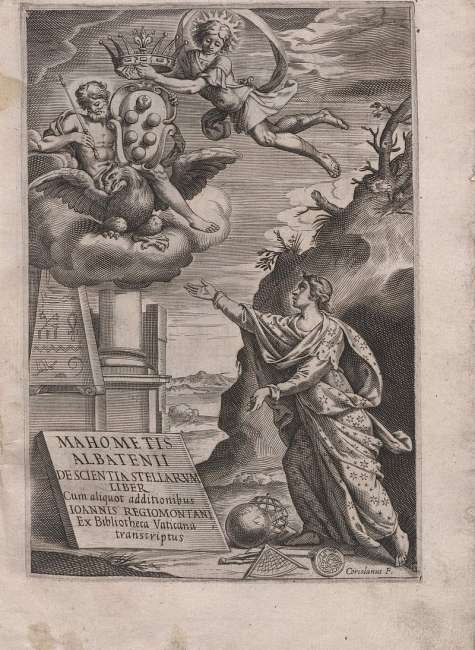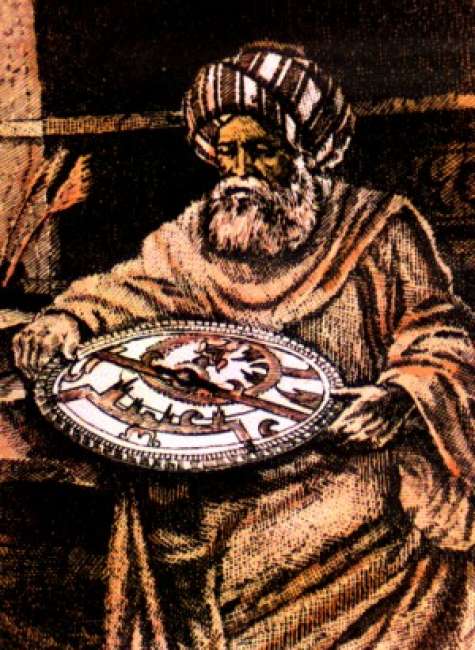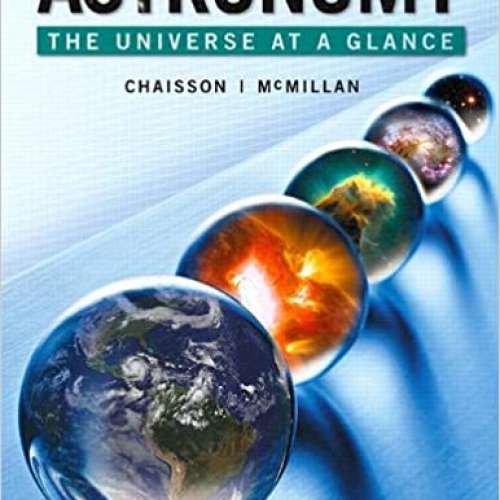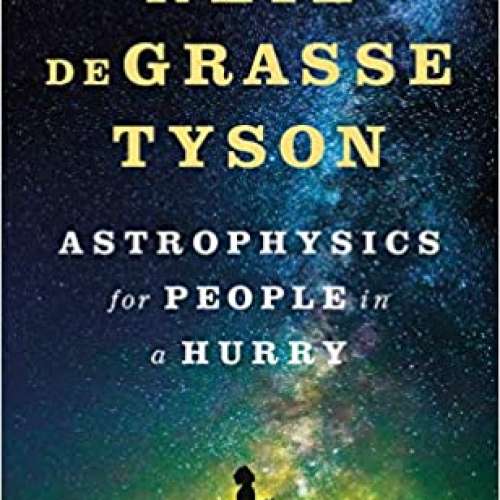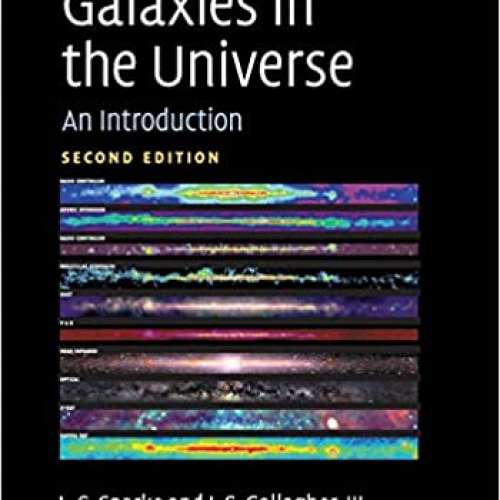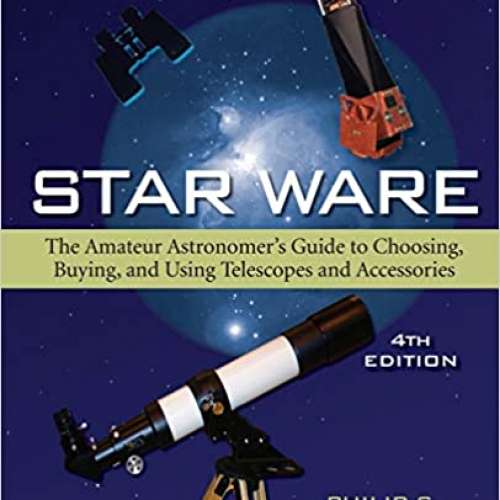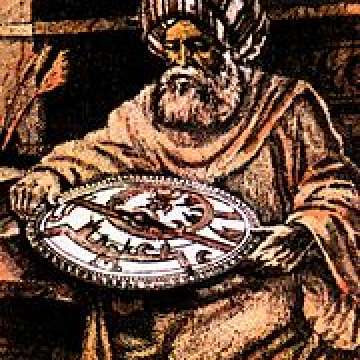

Al-Battani (0858-0929)
Nobody is known in Islam who reached similar perfection in observing the stars and scrutinizing their motions.
Abu ʿAbd Allah Muḥammad ibn Jabir ibn Sinan al-Raqqi al-Ḥarrani as-Sabiʾ al-Battani was an Arab astronomer, and mathematician. He introduced a number of trigonometric relations, and his Kitab az-Zij was frequently quoted by many medieval astronomers, including Copernicus. Often called the "Ptolemy of the Arabs", al-Battani is perhaps the greatest and best known astronomer of the medieval Islamic world.
Life
Little of al-Battani's life is known other than his birthplace in Harran near Urfa, in Upper Mesopotamia, today in Turkey and his father's fame as a maker of scientific instruments. Ibn Khallikan expresses ignorance on the question of his Muslim faith, and points out that his epithet as-Sabi’ suggests possible Sabian-sect ancestry. The Encyclopedia Britannica Eleventh Edition stated that he had noble origins as an Arab prince, but traditional Arabic biographers make no mention of this. Between 877 and 918/19, over a forty-year period, he lived in the ancient city of Raqqa, in north central Syria, recording his astronomical observations. He is said to have died while returning to Baghdad at a fortress called Kasr al-Hadr, which was near either Tikrit, or Samarra.
Astronomy
One of al-Battani's best-known achievements in astronomy was the determination of the solar year as being 365 days, 5 hours, 46 minutes and 24 seconds, which is only 2 minutes and 22 seconds off.
The twelfth-century Egyptian encyclopedist al-Qifṭī, in his biographical history Ta’rikh al-Hukama’, mentions al-Battani’s contribution to advances in astronomical observation and calculations based on Ptolemy’s Almagest.
Al-Battani amended some of Ptolemy's results and compiled new tables of the Sun and Moon, long accepted as authoritative. Some of his measurements were more accurate than ones taken by Copernicus many centuries later and some ascribe this phenomenon to al-Battani's location lying closer to the equator such that the ecliptic and the Sun, being higher in the sky, are less susceptible to atmospheric refraction. Al-Battani observed that the direction of the Sun's apogee, as recorded by Ptolemy, was changing.

Al-Battani's work was instrumental in the development of science and astronomy. Copernicus, in his book that initiated the Copernican Revolution, the De Revolutionibus Orbium Coelestium, quotes his name no fewer than 23 times, and also mentions him in the Commentariolus. Tycho Brahe, Riccioli, Kepler, Galileo and others frequently cited him or his observations. His data is still used in geophysics. The major lunar crater Albategnius is named in his honor.
Among his Innovations
- Introduction of the use of sines in calculation and partially that of tangents.
- Calculation of the values for the precession of the equinoxes 54.5" per year, or 1° in 66 years and the obliquity of the ecliptic 23° 35'.
- Use of a uniform rate for precession in his tables, choosing not to adopt the theory of trepidation attributed to his colleague Thabit ibn Qurra.
Mathematics
In mathematics, al-Battani produced a number of trigonometrical relationships:


He also solved the equation sin x = a cos x discovering the formula:

He gives other trigonometric formulae for right-angled triangles such as:

Al-Battani used al-Marwazi's idea of tangents "shadows" to develop equations for calculating tangents and cotangents, compiling tables of them. He also discovered the reciprocal functions of secant and cosecant, and produced the first table of cosecants, which he referred to as a "table of shadows" in reference to the shadow of a gnomon, for each degree from 1° to 90°.
Using these trigonometrical relationships, Al-Battānī created an equation for finding the qibla, which Muslims must face in each of the five prayers they practice everyday. The equation he created did not give accurate directions, as it did not take into account the fact that Earth is a sphere. The relationship Al-Battānī used was fairly precise when a person is in Mecca, or close to Mecca, but resulted in more and more inaccurate results as one gets more distant from Mecca. However, it was still a widely used method at the time. The equation is as follows:

Works
- Kitab az-Zīj, "Book of Astronomical Tables"; Al-Battani's magnum opus reflects Ptolemaic and Greco-Syriac astronomical theory, with Indo-Persian influences to a lesser degree. Al-Battani's zij contains a description of a quadrant instrument. Of the many early translations into Latin and Spanish, a Latin version De Motu Stellarum by Plato of Tivoli 1116, was reprinted with annotations by Regiomontanus, and again at Bologna in 1645. The original manuscript is preserved at the Vatican library in Rome.
- Kitab az-Zīj as-Sabi’ published by Carlo Alfonso Nallino 1899-1907 under the Latin title Al-Battani sive Albatenii opus astronomicum: ad fidem codicis Escurialensis Arabice editum; a multi-volume scientific treatise on geography and astronomical chronology from an Arabic manuscript with Latin annotations. The manuscript is held at the Escorial library.
- Arbaʻu Maqalat, "Four discourses"; a commentary on Ptolemy’s Quadripartitum de apotelesmatibus e judiciis astrorum, known as the Tetrabiblos. The tenth-century encyclopedist Ishaq al-Nadim in his Kitab al-Fihrist lists al-Battani among a number of authors of commentaries on this work.
- Maʻrifat Mataliʻi l-Buruj, "Knowledge of the rising-places of the zodiacal signs"
- Kitab fi Miqdar al-Ittisalat; treatise on the four quarters of the sphere.
In popular culture
A ship in Star Trek: Voyager is named after Al-Battani, known as the USS Al-Batani, on which Kathryn Janeway originally served.



